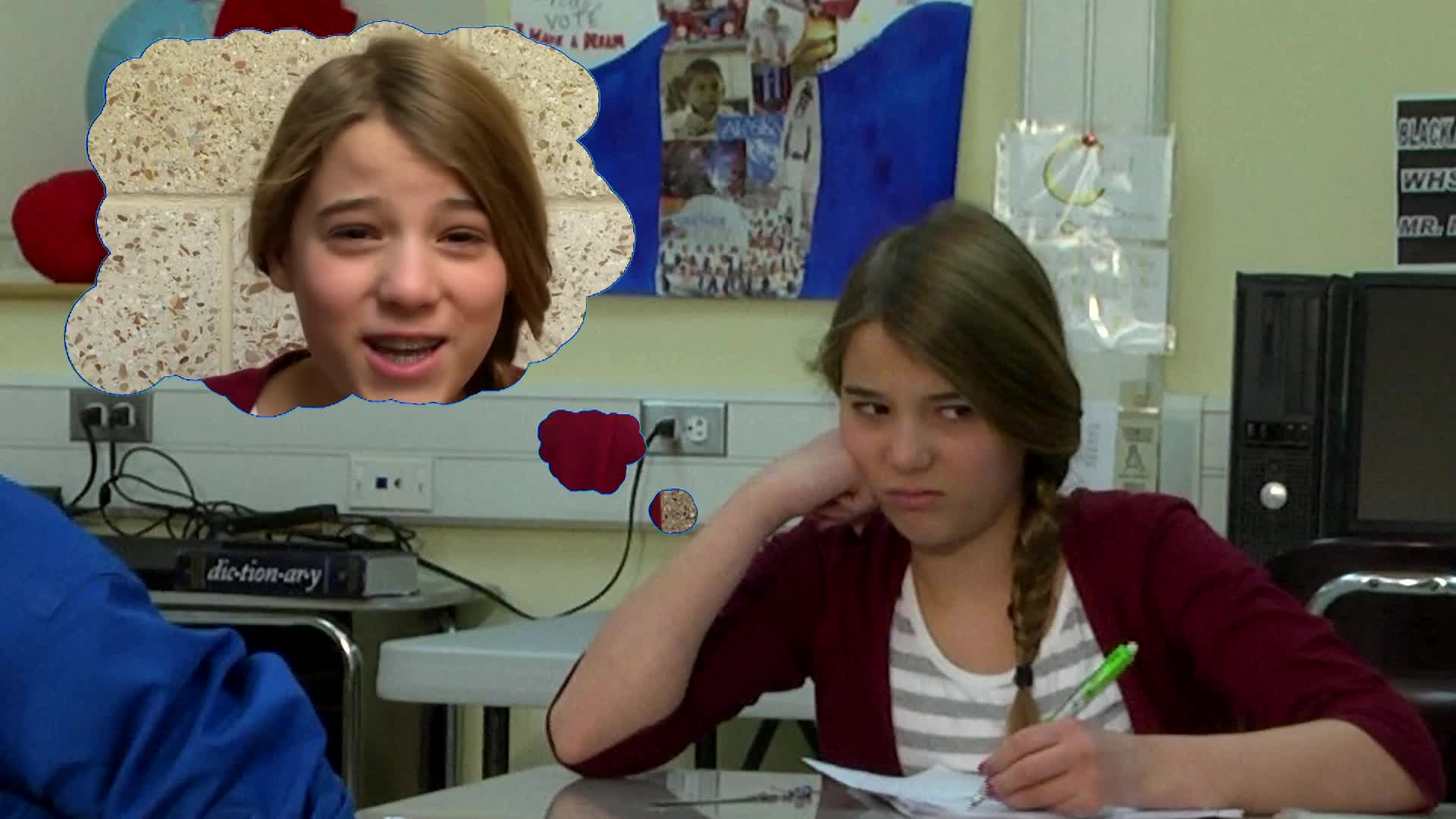
Introduction
As educators, we understand that every student is unique and may behave differently in various situations. It is essential to teach students the importance of focusing on their own behavior and actions, rather than worrying about the actions of others. This is a crucial skill that will not only create a more harmonious classroom environment but also help students develop healthy relationships and social skills. In this blog post, we will discuss an engaging no-prep activity, thought-provoking discussion questions, and other related skills to help students learn to focus on themselves.
No-Prep Activity
This activity, called “The Behavior Detective,” is an excellent way to help students understand the importance of focusing on their own actions and behavior. To begin, have the students sit in a circle. Explain that each student will take turns being the “Behavior Detective” and observe the actions of their classmates without making any judgments or comments.
The “Behavior Detective” will silently watch their classmates for a few minutes and then report back to the class about what they observed. However, the detective should only mention the positive behaviors they noticed. For example, they might say, “I saw Serena listening carefully to the teacher,” or “I noticed Andrew working hard on his math problems.” By focusing on the positive actions of others, students will learn the importance of concentrating on their own behavior and avoiding unnecessary disruptions.
Discussion Questions
- How did it feel to focus on the positive behaviors of your classmates during the activity? Did it change the way you thought about your own actions?
- Why is it important to worry about ourselves and not the actions of others? How does this help create a positive classroom environment?
- Can you think of a time when you felt upset because someone else was not following the rules? How did you handle the situation? What could you have done differently to focus on your own behavior?
- How can focusing on our own actions help us build better relationships with our classmates and friends?
- What are some strategies you can use to remind yourself to focus on your own behavior and actions in the future?
Related Skills
Focusing on ourselves is just one aspect of fostering a positive classroom environment and developing healthy social skills. Here are some other related skills that educators can teach students to help them become more self-aware and responsible individuals:
- Self-regulation: Teach students how to manage their emotions and reactions in different situations.
- Active listening: Encourage students to listen carefully to others and respond thoughtfully.
- Empathy: Help students understand and share the feelings of others.
- Respect: Teach students to treat others with kindness and consideration.
Next Steps
If you found this post helpful and would like to explore more resources and activities to teach students the importance of focusing on themselves and other essential social-emotional skills, sign up for free sample materials at Everyday Speech. By incorporating these principles into your classroom, you can help students develop the necessary skills to navigate social situations and foster positive relationships with their peers.

